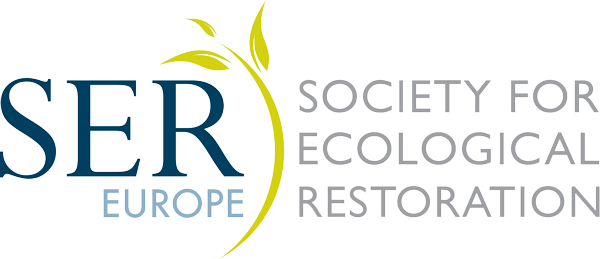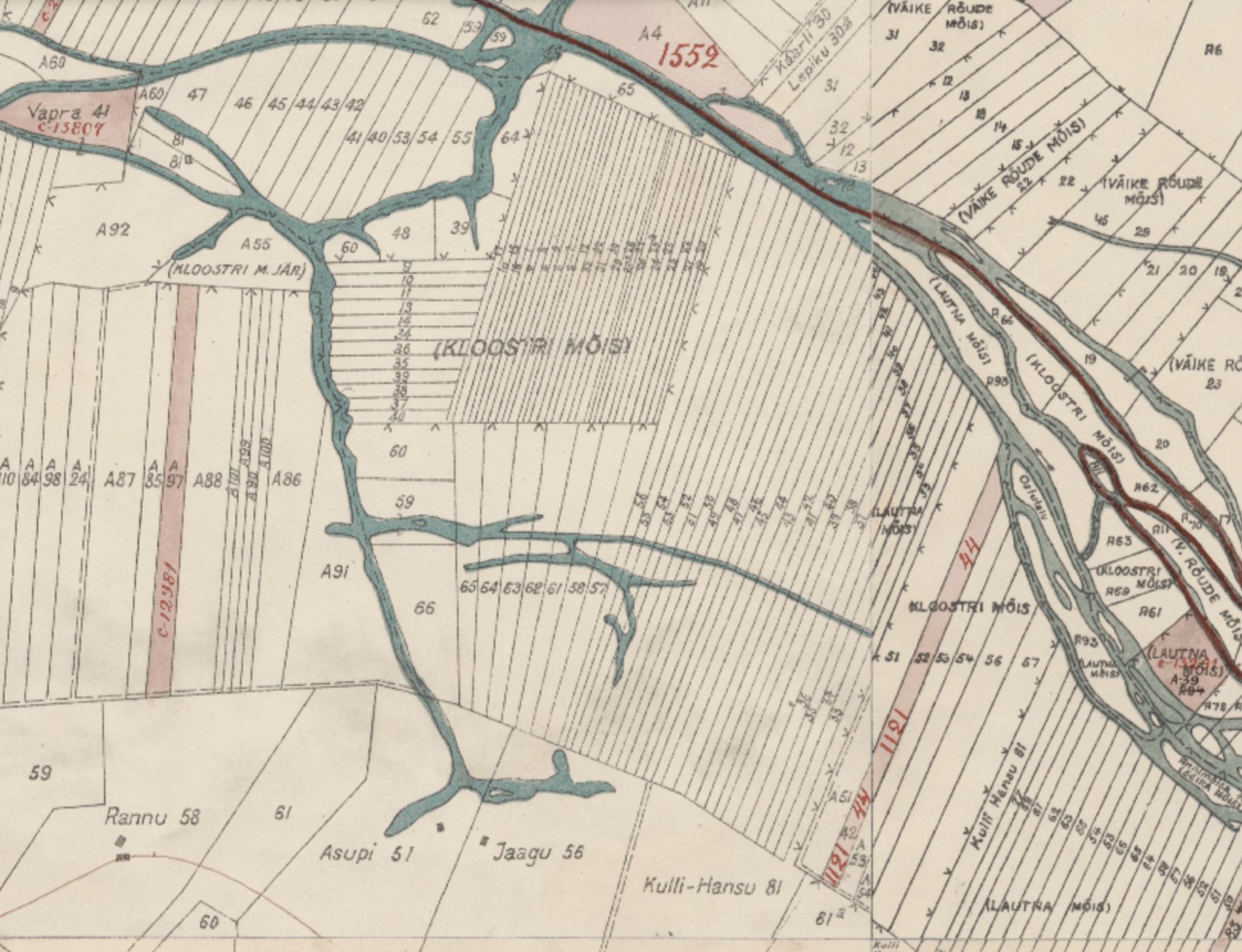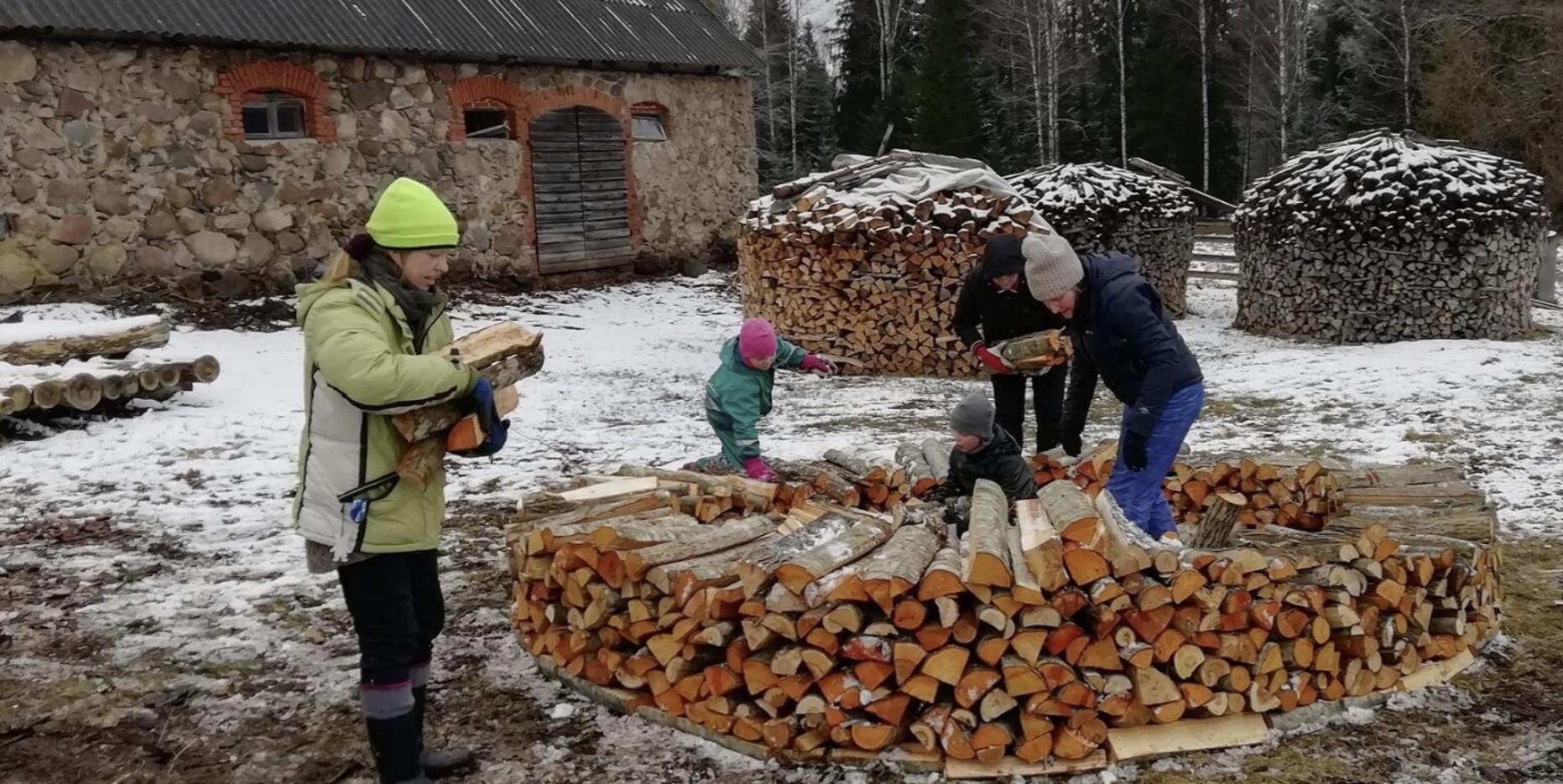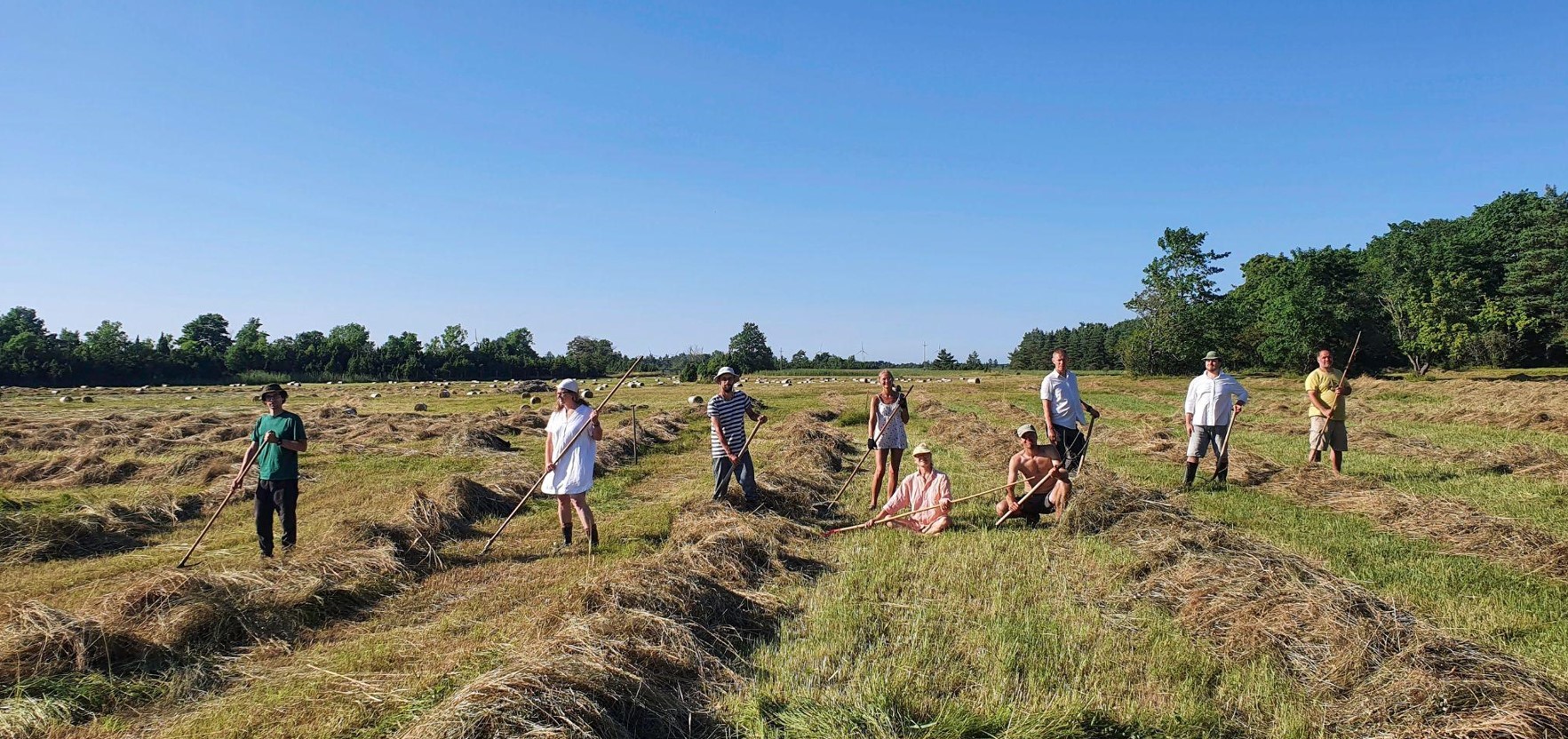Donations
By making a voluntary donation, conference attendants can contribute to the restoration of valuable natural and semi-natural Estonian communities.
1. Restoring the historic Asup stream in the Kasari delta
Asup stream, part of the Kasari River delta system, flows into the Matsalu Bay, making it an integral part of the wetland ecosystems of Matsalu National Park, which is a designated Natura 2000 network site and a Ramsar site.
This restoration project aims to set the stage for comprehensive discussions about future work needed in the catchment area, including nature restoration in the Kasari delta. Given the current poor status of the lower reaches of the river Kasari and Matsalu Bay under the Water Framework Directive (WFD), coupled with the pressures from diffuse nutrient run-off and drainage activities, urgent action is needed. This project aims to use nature-based solutions to reduce nutrient loading and enhance biodiversity in wetland ecosystems.
Asup stream restoration can not only improve the condition of local ecosystems but also serve as a research and testing hub. By setting a good example, it can inspire a wider implementation of nature-based river restoration practices. Asup stream restoration will be led by the Estonian Fund for Nature, the largest environmental non-governmental organisation in Estonia that has more than 20 years of experience in conducting nature conservation and restoration projects with the help of thousands of dedicated volunteers.
2. Supporting and mainstreaming continuous cover forestry
The majority of economically exploited forests in Estonia undergo clear-cutting, a common practice known for its significant negative impact on forest ecosystems. This project is dedicated to supporting and promoting continuous cover forestry (CCF), an approach that maintains tree cover and thus retains a functioning forest ecosystem at all times. To spread the knowledge on this environmental-friendly concept, volunteers are invited to the Heimtali Museum in Central Estonia to learn about continuous cover forestry practices that the museum uses to manage its lands and to participate in forest works in early spring. This event is used to raise awareness and promote the CCF concept among the public and other forest owners. The event is coordinated by the Estonian Fund for Nature, the largest environmental non-governmental organisation in Estonia, with more than 20 years of experience in working with volunteers and educating the public.
3. Coastal meadow management in Puhtu
Puhtu is a small peninsula in western Estonia with coastal meadows along its shoreline. The coastal meadows, traditionally managed semi-natural grasslands, are very rich in both bird and plant species. Specific to Puhtu meadow is a population of Dactylorhiza vironii - an endemic march orchid species. Continuous extensive management is crucial for the preservation of these meadows and their communities.
For the last 20 years, the mowing of the Puhtu coastal meadow has been organised by the Estonian Seminatural Community Conservation Association (ESCCA). While ESCCA primarily engages in consultation and botanical fieldwork, the voluntary work for haymaking in Puhtu provides all members and other volunteers with hands-on experience in managing semi-natural grasslands. Financial support allows ESCCA to continue this vital work and to preserve and promote the knowledge of the traditional management practices of the past.









